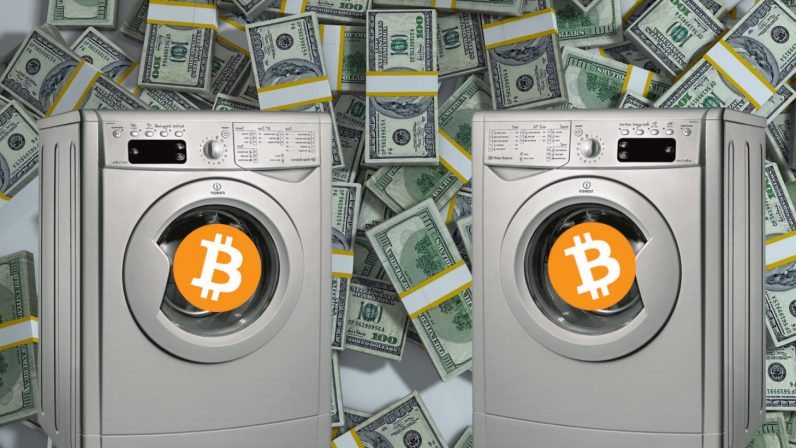2018-7-26 21:15 |
The Sad Truth: Majority of Bitcoin Transactions are Worthless
It turns out most of Bitcoin’s transactions don’t really do anything. About two-thirds of transactions made with the cryptocurrency are not for anything specific, meaning the exchanges have nothing to do with trading, buying or selling goods. A large number of actions taken by coin holders are only related to moving their tokens across wallets or accounts or other similar activities.
Nearly all cryptocurrencies suffer the same fate, some even more susceptible to other activities like scams or mining pool operations, shooting the total volume of transactions for the coin through the roof. The problem isn’t with the lack of transparency on the distributed ledger. Even Ethereum has suffered at a rate of nearly half their transactions being simple spam, nothing close to Cardono, however, who at one time had nearly 100% of their transactions holding zero value.
As for the ledger system, it’s seen as one of the most despised aspects of cryptocurrency, being more of a burden than a blessing – companies in nearly every industry shy away from cryptos because of it – making the need for change huge.
There are teams attempting to improve the situation luckily. The solution to the problem is approaching the blockchain from a different vantage point, seeing it in smaller pieces than a whole. This is according to the former Credit Suisse employee, Max Galka, who is now working with Elementus in an attempt to sell the problem by using newly developed analytics tools. By providing users with the bigger picture, rather than the intricate standard one they see when looking at the blockchain, people will be able to wrap their head around it in a different way. The purpose is to give people a different view, so they can approach the technology with other users in mind.
Why is this important? Because it will give users more power to know who is making the transactions. Allowing them to better discern whether they are real or fake, with useful data, committing fraud or simply spamming the network. The analytics tools under development for the purpose will not give up a user’s identity, the anonymity will remain, but it will give users the power to look at data and know the real deal of what’s going on within a given network.
Another issue is the low costs for making transactions, it makes it too easy for people to send hundreds of tiny transactions a day. Every time a small transaction is made on the network, it effects the blockchain. Mining pools are notorious for this, making hundreds of transactions a day sometime, each holding no real value.
For example, in 2017 – Coinmetrics was responsible for somewhere around 90 percent of all transactions made on Ethereum during the month of February. Mot of the funds where simply to shuffle funds, so they could not be hacked. Other issues happen when cyber criminals move currency to protect themselves from getting caught.
There needs to be a new system set in place to stop the pointless transactions from happening, while protecting users from hacking at the same time. Spam is yet one more problem people see across cryptocurrency networks. It slows them down, making them unusable for real users, who end up suffering because of the unwanted transactions on a given network.
The reality is, once all the non-value-oriented transactions are taken away from the networks, they become much smaller than they first appear. Most people in the industry agree the useless exchanges clogging up networks need to be eliminated. That is exactly why Elementus has been pulling data from the blockchains, learning about the different users on the networks to help solve the problem.
People are sick of spam and fraud, plain and simple. For most, the time to clean house is now. Because at this time, Bitcoin for example is only running at about 10% of it’s fair price, the rest of it is lost to spam and fraud. Ethereum is no different, both networks are not operating at their maximum daily capacity for trade volume. The reason is because of the lag in the networks caused by all the valueless transactions being made on them. Both networks could be running much better if the problem is solved. This is all according to the best minds in the industry, not just speculation.
How can cryptocurrencies improve their protection against spam, fraud and unwanted transactions clogging up the networks? Leave your thoughts and ideas on the subject in the comment section below.
origin »Bitcoin (BTC) на Currencies.ru
|
|
























